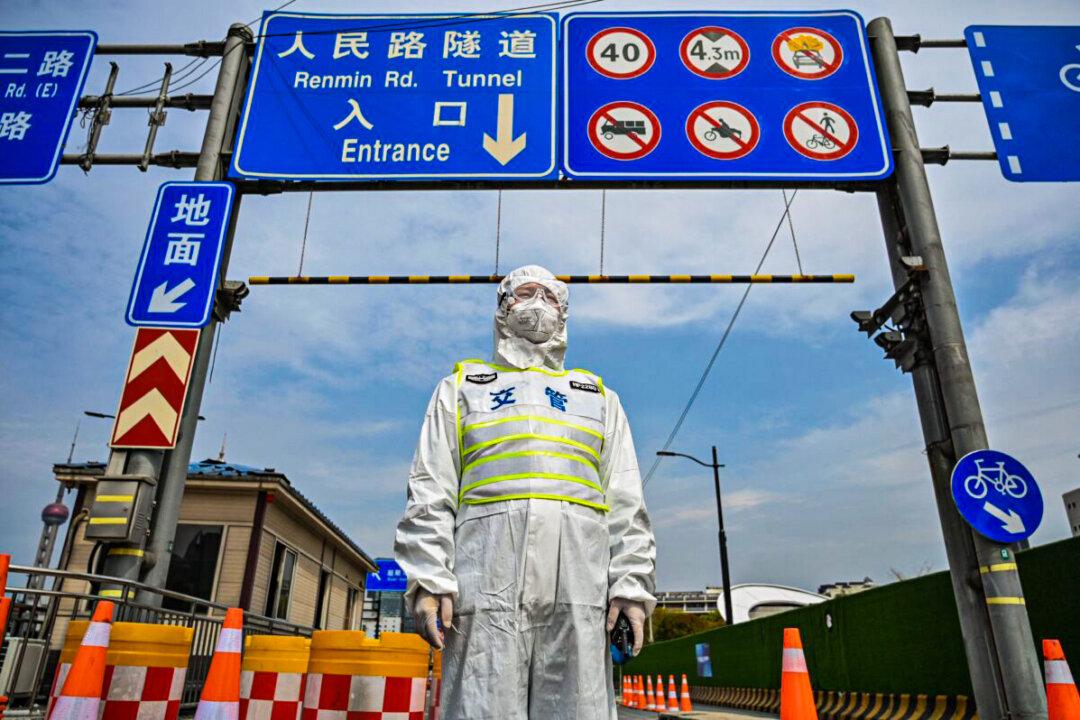News Analysis
Although China denies it, its draconian “zero-COVID” lockdown policy is pushing up the cost of Chinese manufacturing as well as global production costs and inflation, analysts say.

Although China denies it, its draconian “zero-COVID” lockdown policy is pushing up the cost of Chinese manufacturing as well as global production costs and inflation, analysts say.